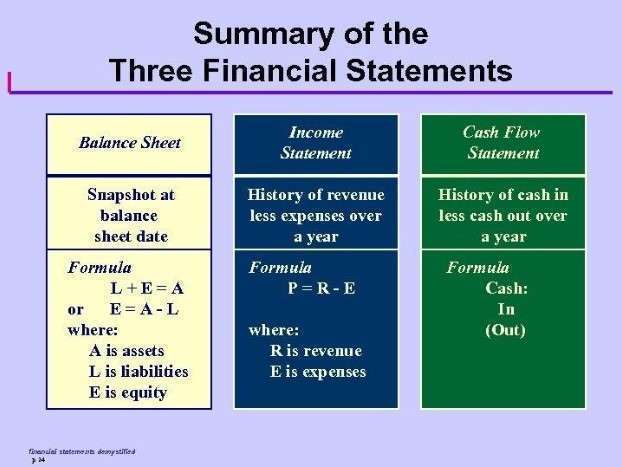
Since stocks and bonds generate cash differently, they are taxed differently. Bond payments are usually subject to income tax, while profits from selling stocks are subject to capital gains tax. Capital gains taxes may be lower than income taxes for investors in some income brackets. A corporate bond is a debt security that a company issues and makes available to buyers. The collateral for the bond is usually the company’s creditworthiness, or ability to repay the bond; collateral for the bonds can also come from the company’s physical assets. Unlike corporate stock, corporate bonds don’t have equity nor voting rights in the company.
- The collateral for the bond is usually the company’s creditworthiness, or ability to repay the bond; collateral for the bonds can also come from the company’s physical assets.
- Say you bought $1,000 worth of stock in a small tech company that sells products online (let’s call it Rainforest).
- As the Owner, we are also entitled to any cash generated by renting out the House.
- Our team of reviewers are established professionals with decades of experience in areas of personal finance and hold many advanced degrees and certifications.
- Kat has expertise in insurance and student loans, and she holds certifications in student loan and financial education counseling.
- Bonds are more stable in the short term, but they tend to underperform stocks over the long term.
The Latest in Investing
But as you move closer to that goal, such as retirement, paying for a child’s education, etc., you should move more of your assets into bonds. The idea is to maximize the wealth-building power of stocks over the long term while using bonds to protect that wealth. The ETFs comprising the portfolios https://www.bookstime.com/ charge fees and expenses that will reduce a client’s return. Investors should consider the investment objectives, risks, charges and expenses of the funds carefully before investing. Investment policies, management fees and other information can be found in the individual ETF’s prospectus.
Make your money work for you
The investor only receives interest and principal on the bond, regardless of how well the company performs in the market. Bonds are often best for short-term goals or for investors who are particularly risk averse. Owning bonds or other fixed-income securities can help you save for near-term goals like a down payment on a house or a car or generate income during retirement.
Influence of Market Conditions
In exchange for your capital, you’ll receive interest payments from the borrower until your loan’s term ends (i.e., the bond “matures”), and then they’ll be expected to repay their loan in full. Investors can purchase bonds directly from the issuing government entity or corporation or through a brokerage. Compounding is the process in which an asset’s earning from either capital gains or interest are reinvested to generate additional earnings over time.

How Stocks Trade on the Stock Market

Ultimately, the choice between bonds and stocks should be an informed decision based on comprehensive knowledge, sound advice, and individual investment goals. Stocks, bonds, mutual funds, and exchange-traded funds (ETFs) can lose value if market conditions decline. A shareholder is considered an owner of the issuing company, determined by the number in your own words, explain the difference between stocks and bonds. of shares an investor owns relative to the number of outstanding shares. If a company has 1,000 shares of stock outstanding and one person owns 100 shares, that person would own and have a claim to 10% of the company’s assets and earnings. A bond is essentially a loan from you, the investor, to a corporation, government entity, or other organization.
Selling bonds
Government bonds, issued by national governments, are often seen as safe investments as they are backed by the government’s ability to tax its citizens. Typically, investors will use a brokerage account to purchase stock on the exchange, which will list the purchasing price (the bid) or the selling price (the offer). The price of the stock is influenced by supply and demand factors in the market, among other variables.

Equity vs. debt
- To carry out an IPO, a Company would hire an Investment Bank.
- Unlike stocks, a bond’s interest rate isn’t affected by the performance of a company.
- Bonds are often best for short-term goals or for investors who are particularly risk averse.
- “Large-cap stocks tend to be companies that are more established,” says Brett Horowitz, a wealth manager at Evensky & Katz/Foldes Financial Wealth Management.
- With bonds, you usually know what you’re signing up for, and the regular interest payments can be used as a source of predictable fixed income over long periods.
- It does not ensure positive performance, nor does it protect against loss.
Get in Touch With a Financial Advisor

Last modified: October 2, 2024
